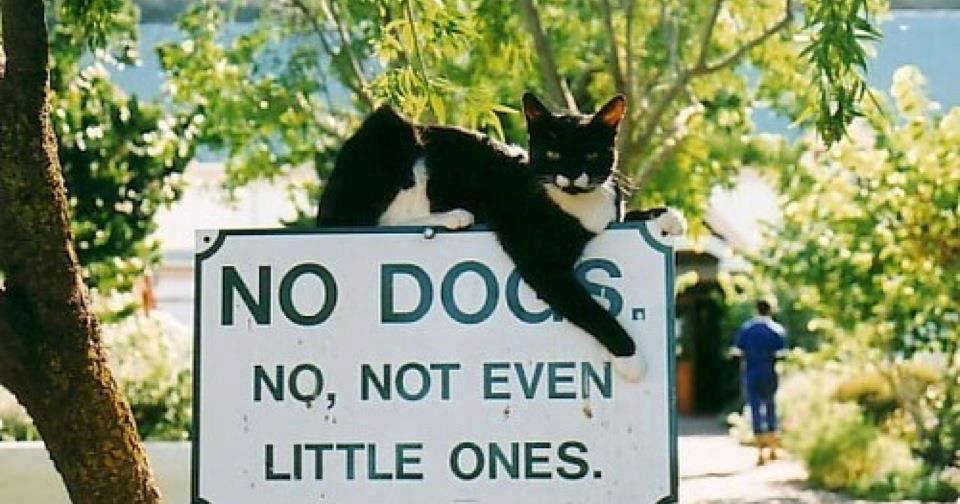In-group bias refers to “us” versus “them” group mentality that predominates in human societies. Occupying an in-group is important for self esteem, identity, community, and safety. Just as individuals favor themselves, they tend to favor their in-group as an extension of themselves. Out-groups, the natural result of in-group construction, emerge so that there will be a “them” to help define the “us.” Social psychologists have confirmed that in-group bias (the favoring of “us”) leads individuals to be more empathetic and helpful to those in their in-group.
The in-group bias usually entails a puffing up of the in-group and a systematic belittling of the out-group. The problem is that creating differences usually leads to the creation of a hierarchy of worth. “Separate but equal,” as history has repeatedly demonstrated, is a fallacy. If an in-group is particularly powerful and the out-group is particularly vulnerable, outsiders can become seriously disadvantaged.
While some literature recognizes that culture and class easily elicit in-group bias, the literature on racial in-group bias is mixed (race is not always consequential). How might it apply to human/nonhuman relationships? Activists can certainly point to a long cultural history of otherizing Nonhuman Animals. Human beings have carved for themselves one large species-based in-group, whereby all others who occupy the out-group of “nonhuman” are viewed as lesser-than. Humanity’s in-group bias has supported unimaginable structural violence on all manner of nonhuman species. This bias discourages humans from considering the interests of other animals deemed “outsiders.”
For this reason, many vegan theorists and activists struggle to expand in-group boundaries to include other animals by reframing the group as one based in sentience rather than cognitive abilities or physical similarities. If humans are able to acknowledge human/nonhuman similarities (which easily outnumber the dissimilarities), the in-group bias should kick in to encourage humans to offer greater assistance to their fellow sentients. This may seem far-fetched, but research has demonstrated that race can sometimes resist the in-group bias. There is every reason to believe that species barriers can be overcome as well.
For the Vegan Toolkit
- Challenge notions that Nonhuman Animals are especially different from humans
- Highlight similarities in sentience
References
Emswiller, T., K. Deaux, and J. Willits. 1971. “Similarity, Sex, and Requests for Small Favors.” Journal of Applied Social Psychology 1: 284-291.
Miller, P. J. Kozu, and A. Davis. 2001. “Social Influence, Empathy, and Prosocial Behavior in Cross-Cultural Perspective.” In W. Wosinka, R. Cialdini, D. Barrett, and J. Reykowski (Eds.), The Practice of Social Influence in Multiple Cultures. Mahwah, NJ: Erlbaum.
Myers, D. 2013. Social Psychology, 11th ed. McGraw Hill.

Readers can learn more about the social psychology of veganism in my 2016 publication, A Rational Approach to Animal Rights.Receive research updates straight to your inbox by subscribing to my newsletter.
This essay was originally published with The Examiner in 2012.
